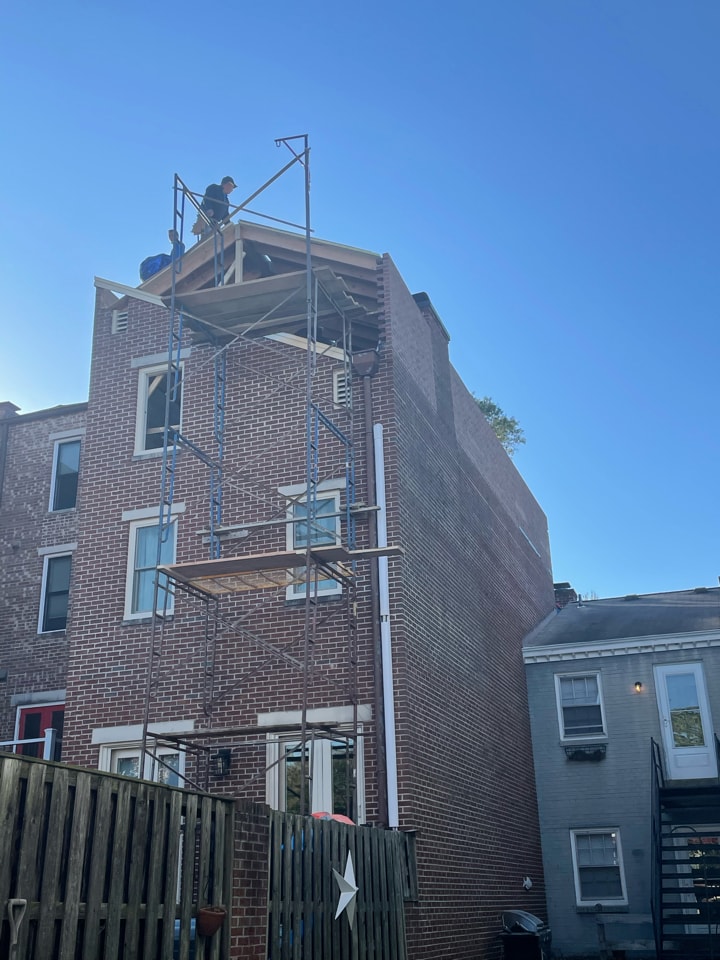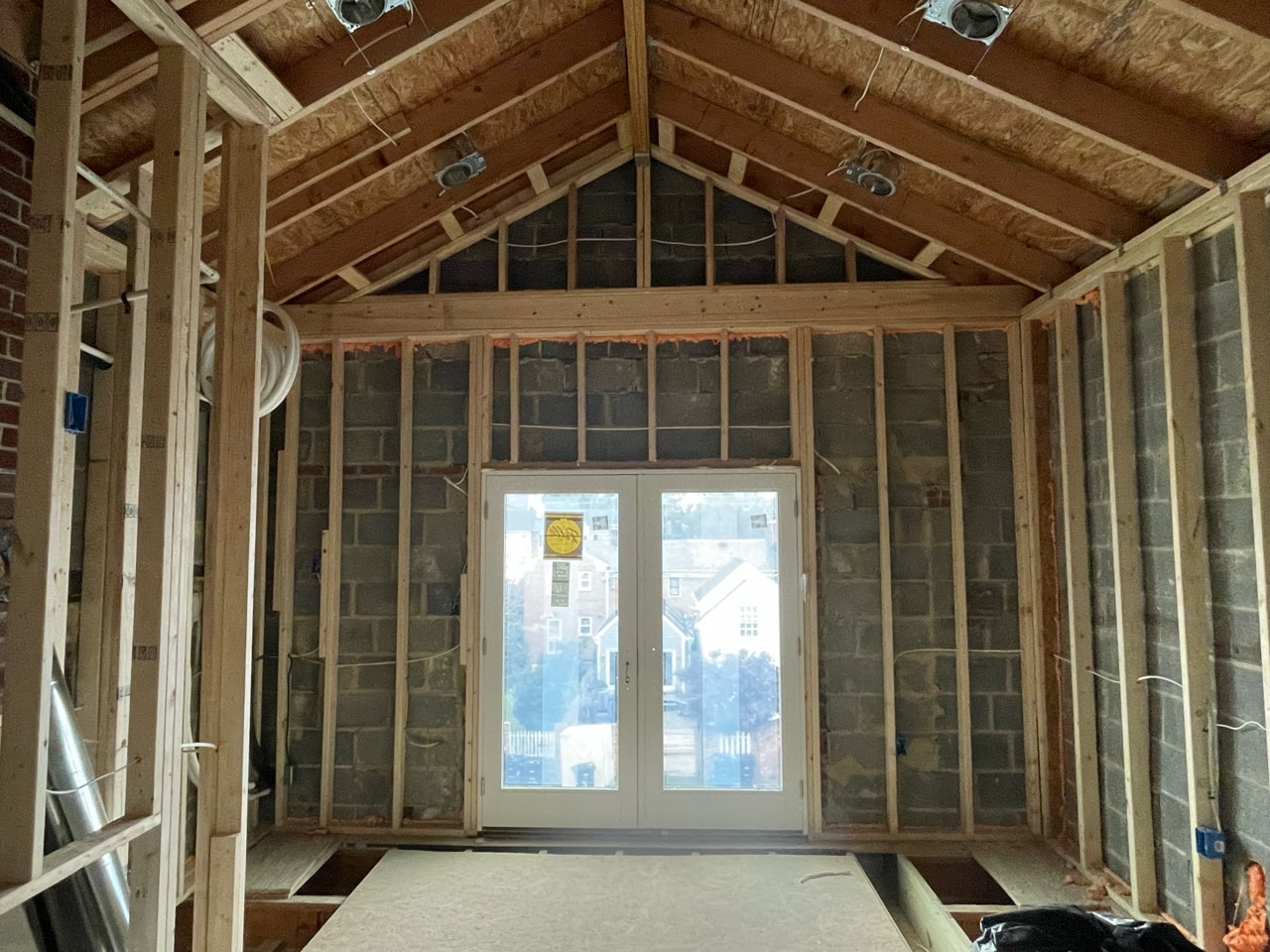by Nate Moore
ADUs or (Accessory Dwelling Units) have become more and more popular throughout the DMV.
What is an ADU?
An “Accessory Dwelling Unit”, sometimes referred to as an “Accessory Living Unit” (ALU) as in Fairfax County, or “Accessory Dwelling” (AD as in Arlington County) is a secondary housing unit that is located on the same lot as a primary single-family home. ADUs are also known as granny flats, in-law units, backyard cottages, and secondary units.
ADUs can be either attached or detached. Attached ADUs are connected to the main house by a common wall, while detached ADUs are not connected to the main house. ADUs can be built on the same lot as a primary home, or they can be built on a separate lot.
There are a number of benefits to building an ADU, including:
-
Increased housing supply
-
Increased affordability
-
Increased flexibility in housing options
-
Increased sustainability
-
Potential rental income
There are also a number of challenges associated with building an ADU, including:
-
Zoning restrictions
-
Building codes
-
Cost of construction
-
Neighboring opposition
Types of ADUs
Below are the most common types of ADUs.
ADUs can be used for a variety of purposes, including:
-
Providing additional housing for family members or friends
-
Renting out to tenants
-
Providing a place for elderly parents to live
-
Providing a place for children to live
ADUs can also be used for business purposes, such as:
-
Providing a place for employees to live
-
Providing a place for customers to stay
-
Providing a place for vendors to stay
Can I build an ADU on my property?
Great question. This depends on many factors including:
-
Lot size
-
Property zoning district
-
Lot setbacks
-
Historic regulations
-
Other local zoning requirements and restrictions
The best way to find this answer is to consult an expert. If you are interested in adding an ADU, fill out the form below to get started.

Courtesy of Jack Barnes Architect
How much will my ADU cost?
The answer depends on many factors. Which type of ADU are you looking to build? Do utilities need to be connected? Is excavation required?
A recent article from Alxnow.com, an Alexandria-focused site, addressed this question as follows:
>
““ADUs can require significant financial investment and can be as utilitarian or luxurious as desired, and homeowners should budget anywhere from $300-$500/SF or about $125k-$400K for renovations, excavations and construction.””
While investing in an ADU can be expensive, they provide homeowners with more flexibility on how they use their property. With real estate in the DMV being some of the most expensive in the country, ADUs can also be a very economical way to add livable space or create a profitable rental property. Additionally, as they are in increasingly high demand, ADUs tend to significantly increase resale value!




